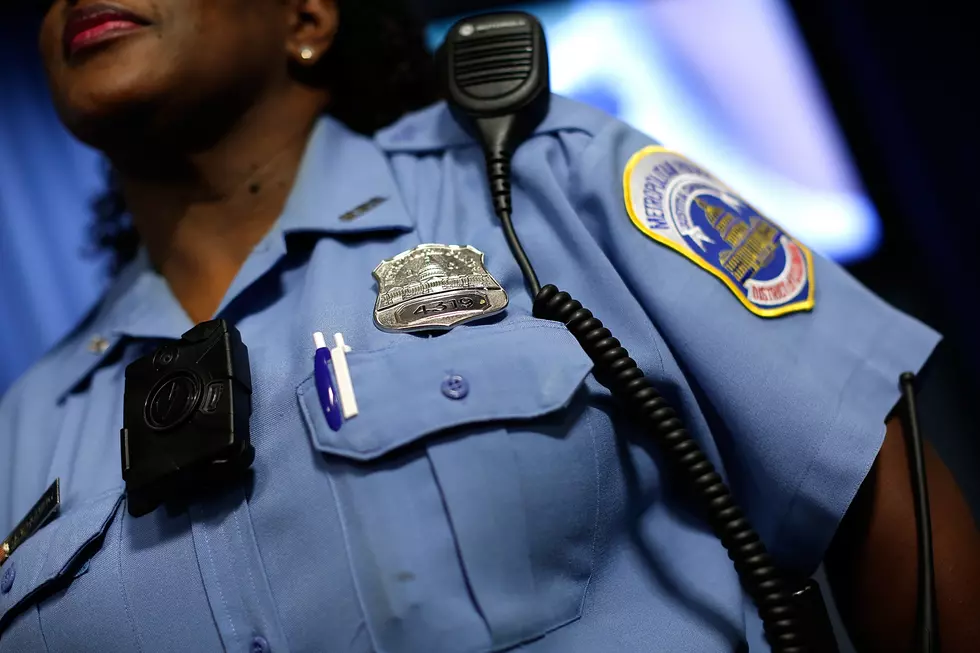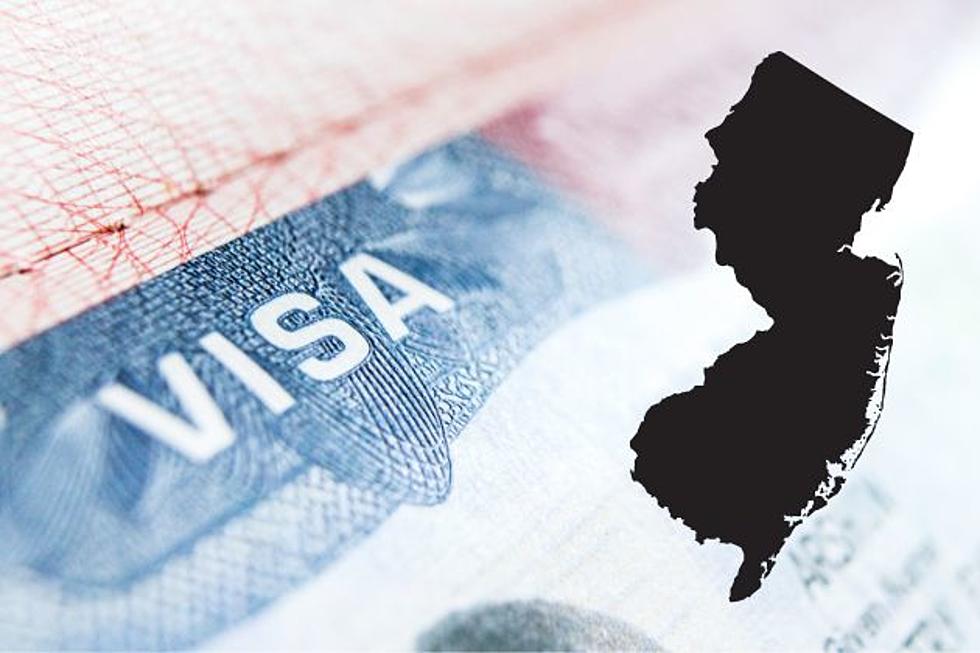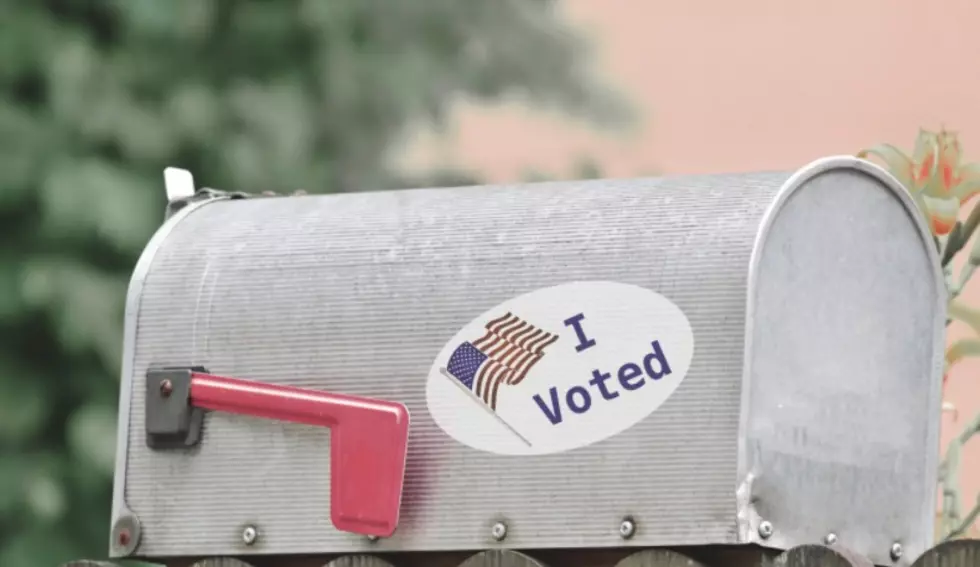
Cops: Leave us out of immigration debate, let us do our jobs (Analysis)
As New Jersey public officials and the public at large engage in a heated debate over how law enforcement should deal with immigrants living in the country illegally, and in particular police cooperation with Immigration and Customs Enforcement, their fight risks undermining both the morale and the safety of rank-and-file police officers in New Jersey.
Current and former law enforcement officials tell me the typical police officer just wants to do his or her job. Every day, they say goodbye to their families and head into the unknown. Their families wonder if they will come home at the end of the day. There are countless stories of how “routine” police matters quickly become anything but. The dangers are many. Cops don’t want, or need, any distractions.
Unfortunately, rank-and-file officers increasingly feel like they are getting caught in the middle of a nasty and emotional fight over immigration policies and cooperation with federal immigration agents.
Retired New Jersey State Police Maj. Al Della Fave has served in multiple police organizations from local departments, the Port Authority of New York and New Jersey and the Ocean County Prosecutor's Office. He says a cop just wants to do the job. Any distraction, Della Fave says, can be dangerous.
And he says the typical patrolman in New Jersey “has never dealt with an undocumented immigrant, and never will. They see a crime, make an arrest, and never know if ICE is being notified.”
But, Della Fave says, cops hear the debate like everyone else, and are not immune to the noise. A patrolman from a North Jersey town I spoke to, who asked for his name not to be used because he's not authorized to speak for his department, agreed.
“Once I make an arrest, it’s up to someone else to determine that suspects’ status to be here,” the patrolman said, “That’s above my pay grade.” A veteran sheriffs' deputy who also asked his name not be used, agreed the rhetoric has gotten out of hand: “Just tell me the rules, and I’ll follow them. Period.”
Most of the current and former police officers, patrolmen, sheriff’s deputies and others I interviewed on this topic declined to be quoted by name due to the nature of the immigration/legal status issue. The refusal to be quoted by name underscores how sensitive the debate has become. However, they agreed with Della Fave that the rhetoric can be dangerous.
Della Fave believes anything that interferes with an officer having to make a split-second decision could mean the difference between whether that officer gets to go home to his or her family that night. He also believes ordering one law enforcement agency not to work with another sends officers a mixed message.
New Jersey Attorney General Gurbir Grewal has ordered all police agencies to end cooperation with ICE in his Immigrant Trust Directive.
Among the directive's restrictions: Local authorities can't stop, arrest, question or search someone only based on immigration status. They can't ask for the immigration status of any individual, unless it's relevant to the investigation of a serious crime. They can't participate in civil immigration enforcement by ICE. They can't provide ICE with access to law enforcement resources unless those same resources are generally available to the public. And they can't allow ICE to interview an individual arrested on a criminal charge, unless that person is advised of his or her right to a lawyer.
They can, however, assist federal immigration authorities in emergency circumstances, and the directive provides for joint task forces, provided they're not related to federal civil immigration enforcement. The directive doesn't stop local authorities from asking someone for proof of identity if it's legally justified as part of an investigation.
Notably, the AG ordered two New Jersey county jails to end their participation in the 287(g) program that lets officers act as immigration enforcement. Sheriffs in those two counties say they'll challenge the new order in court.
Public debate also does seem to be having an effect on morale. The officers I spoke with said at worst they feel under attack or at least under closer scrutiny. Morale has been a worsening problem among law enforcement for years. In 2017, a survey from the Pew Research Center following a series of high-profile encounters between black suspects and police officers, 7 in 10 were less willing to stop and question suspicious persons, and more than 9 in 10 worried more about their personal safety as a result of perceived anti-police sentiment.
This is not the first time a major policy debate has threatened the morale of police officers in New Jersey. During a traffic stop in 1998, two state troopers said they felt threatened and fired into a van carrying four young black men. That incident triggered a racial profiling scandal that ultimately led to dozens of lawsuits, federal oversight and the firing of State Police Superintendent Col. Carl Williams by then-Gov. Christie Whitman. Della Fave, who was with the state police at the time, says it took years for troopers and police officers to recover from the fallout of that scandal, and worries this current immigration debate could have the same effect.
Most police officers do their best to tune out the noise: “When I kiss my wife and kids goodbye in the morning," a veteran officer told me, “my only thought is returning home safe at the end of the day.”
— With previous reporting by Erin Vogt
More From WPG Talk Radio 95.5 FM










